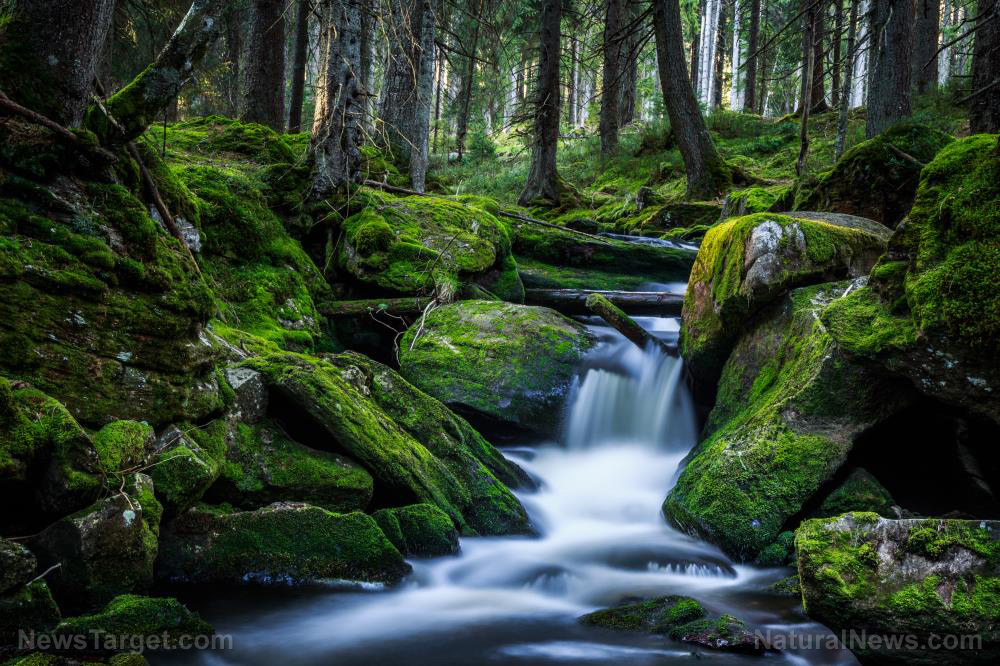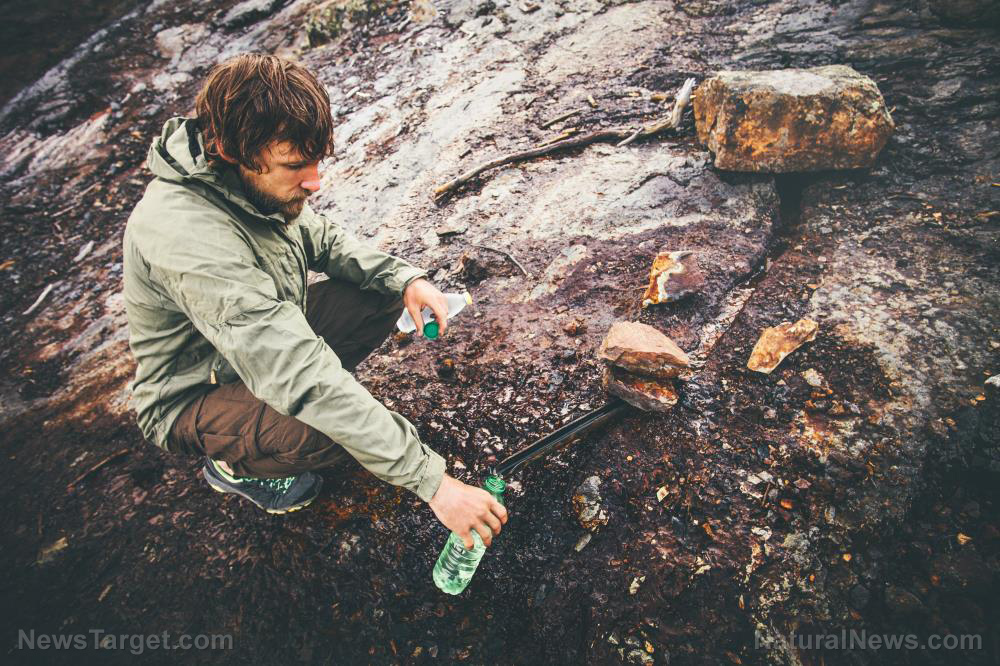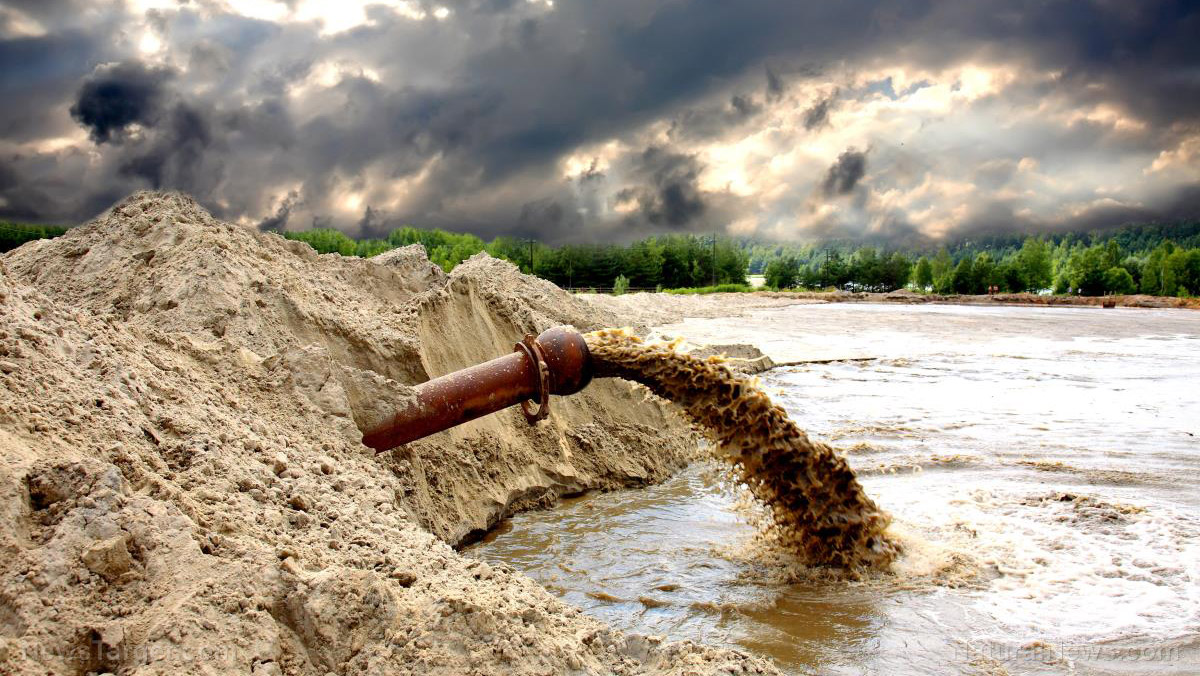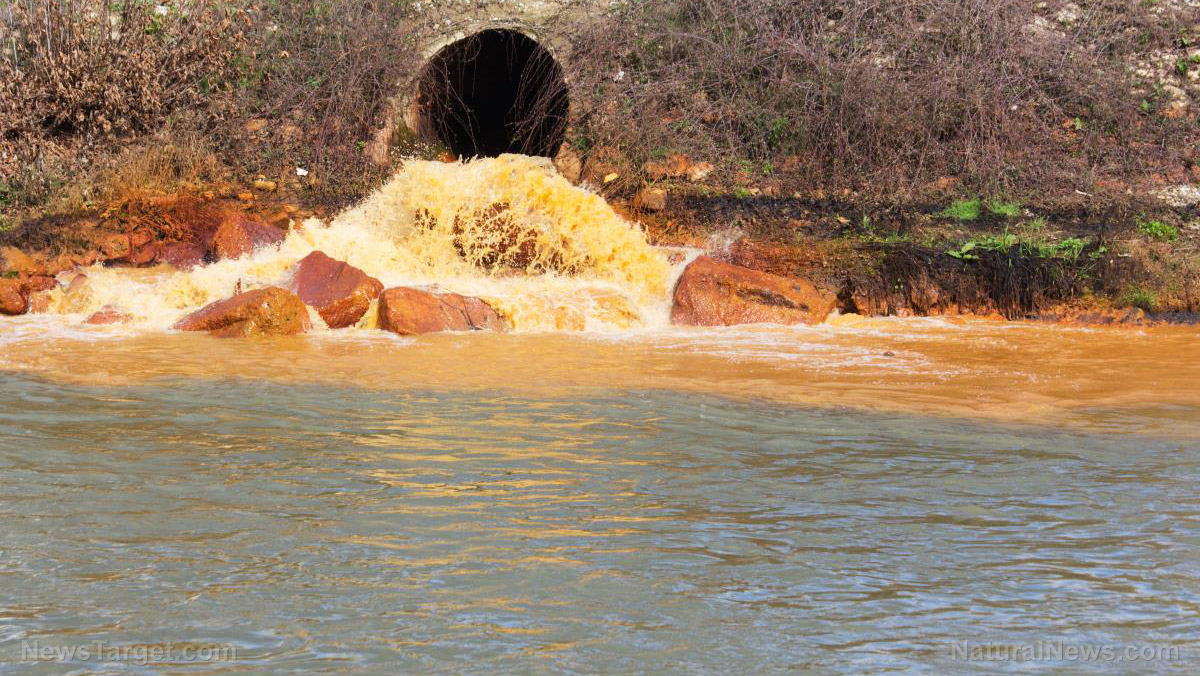Off-grid living: Harvesting rainwater on a budget
03/13/2017 / By D. Samuelson

Millions, especially in wealthier western nations, take water’s life giving sustenance for granted, believing that it will forever magically pour forth from the kitchen tap at the twist of a knob, or bubble up from the school yard drinking fountain. The recent horrors of lead in the drinking water in Flint, Michigan and other municipalities that contend with disintegrating infrastructures is still reverberating. As reported by Mother Nature Network, a 2016 Harvard study discovered dangerous levels of cancer and hormone disrupting industrial chemicals – polyfluoroalkyl and perfluoroalkyl substances (PFASs) in 33 states. Iowa’s rivers and water systems are filled with pesticides and herbicides utilized by industrial farming operations. This is just the tip of the iceberg, with the tens of thousands of chemicals, pharmaceuticals, fertilizers, and contaminants leeching into drinking water systems nationwide.
Water purifiers and filters can be part of the solution. But the other elephant in the room is the availability of this liquid gold in times of drought or electric disruption, as most municipal water systems are run by electricity. One man in Arizona has created a way to bypass all of these municipal water woes. As cited by Off the Grid News, due to the expense, this Arizona family didn’t drill a well. They solved their water dilemma with what they call “a rainwater harvesting system that is jerry-rigged.”
Using a combination of gutters, downspouts, drains, PVC pipes and huge 5000 gallon polyethylene tanks, they’ve created a unique culvert system and a series of structures to collect, store and purify the rainwater that provides 95% of their water needs. Considering that this home is built about “45 minutes south of Tucson, Ariz,” in the Sonoran Desert where they only receive about a dozen inches of rain per year, that’s quite a feat. You can take a tour of the property and see the system via this video. It starts around 2:40 into the program.
The harvested water first flows into one of three huge tanks that is buried partly underground behind the house. Any dirt or sediment settles to the bottom of that first tank. From there, the precious rainwater is diverted into two “clean tanks,” where the owner does add “a small amount of bleach to kill any bacteria.” Any water used for eating or drinking is filtered through a Berkey Water System Filter.
Landscaping is also an important component. Fruit tress are planted downhill via an “extensive sloping system,” so the system’s grey water and rain water can flow to where they’ve been planted. He also uses additional rainwater pools on the property for garden watering. The family is also planning to build “a sunken greenhouse,” and will take full advantage of landscaping and rainwater storage for their fruits and vegetables.
While not many may be able to attain this much independence from a municipal water supply, connecting a rain barrel or two to your gutter and down spout system, or even leaving a few buckets free to collect those precious drops of rainwater to give to your garden might be a perfect place to start. RELATED: Learn other systems of independent living at Offgrid.news.
Sources:
(Photo credit: Offthegridnews.com)
Tagged Under: living off rainwater, Off Grid living, rain barrels, rainwater harvesting, Sonoran Desert




















